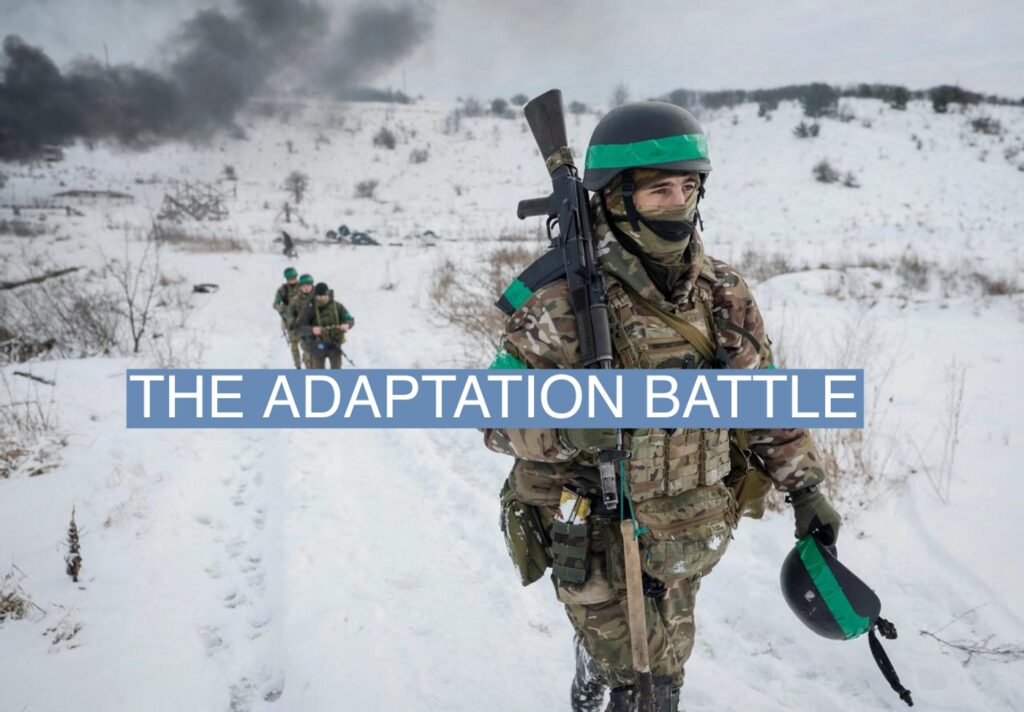Military innovation and adaptation are crucial in today’s ever-changing global landscape. In this article, insights from experts in military strategy and innovation shed light on the significance of staying ahead of adversaries through constant evaluation and evolution of military strategies. Technological advancements, such as artificial intelligence and cyber warfare, play a pivotal role in maintaining military superiority. The ability to adapt quickly to new threats is also highlighted as essential for military success in modern warfare. Despite challenges, opportunities for collaboration with industry and academia exist to drive innovation forward. By heeding expert advice, military leaders can ensure readiness and effectiveness in securing national safety and security.
Military Innovation and Adaptation: Insights from Expert Voices
Introduction
Military innovation and adaptation are crucial components of maintaining military superiority in an ever-changing global landscape. As technology advances and new threats emerge, the ability to innovate and adapt quickly is essential for military success. In this article, we will explore insights from experts in the field of military strategy and innovation to better understand the importance of innovation and adaptation in the military.
Innovation in Military Strategy
According to military experts, innovation in military strategy is key to staying ahead of adversaries and being able to effectively respond to new threats. General John Allen, a retired US Marine Corps officer, emphasizes the importance of constantly reevaluating and evolving military strategy to keep up with changing environments and technologies. He believes that a flexible, adaptable military is more likely to succeed in modern warfare.
Technological Advancements
Technology plays a crucial role in military innovation and adaptation. Dr. Mary Miller, a former Deputy Assistant Secretary of Defense for Research and Technology, highlights the importance of investing in cutting-edge technologies to maintain military superiority. She believes that advancements in areas such as artificial intelligence, cyber warfare, and autonomous systems are key to staying ahead of adversaries.
Adaptation to New Threats
Adaptation to new threats is another important aspect of military innovation. General David Petraeus, a retired US Army officer, emphasizes the need for military forces to be agile and responsive to emerging threats. He believes that the ability to quickly adapt to new challenges is critical to ensuring military success in modern warfare.
Challenges and Opportunities
Despite the importance of military innovation and adaptation, there are also challenges that must be overcome. Dr. Sarah Sewall, a former Under Secretary of State for Civilian Security, Democracy, and Human Rights, cautions that bureaucratic obstacles and resistance to change can hinder military innovation efforts. However, she also sees opportunities for collaboration and partnership with industry and academia to drive innovation forward.
Conclusion
In conclusion, military innovation and adaptation are essential for maintaining military superiority in a rapidly evolving world. By investing in cutting-edge technologies, constantly reevaluating military strategy, and being agile in response to new threats, military forces can ensure their readiness and effectiveness in modern warfare. By heeding the insights of experts in the field, military leaders can better understand the importance of innovation and adaptation in securing the safety and security of their nations.
